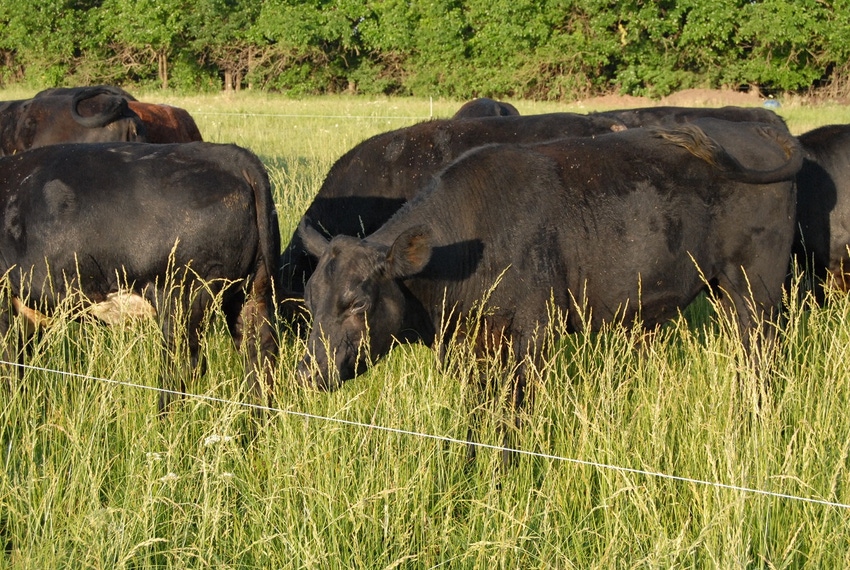
I’ve looked at lots of cattle that were supposed to be healthy but were not. I’ve doctored lots of cattle that weren’t supposed to get sick but did.
Guess you could say that I’ve witnessed my share of fiction in the cattle business.
Almost 30 years ago we made a road trip to Chattanooga for a big New Year’s Eve party featuring Tulsa’s prize country music writer and entertainer, Joe Diffie. He put on a class show and I remember a hit he sang about the fact that all his wives loved pickup trucks. I could say the same thing but it would lack some truth.
So, I would say, does a lot of information and programs being sold in the cattle business. Fiction needs to be written off because we need facts to make profits. Here are 14 examples of common fiction:
Cattle must be fed
Hay must be made, stored and fed
Pastures must be fertilized
Pastures (weeds) must be sprayed
High weaning weights equals high profitability
Equipment is necessary to run the ranch and decrease the tax load
Tame plants are improvements over the seed bank
Big high milking cows raise high choice calves. This is at least ½ right
Weeds and brush will take water and nutrients from grass
Big-ribeye cattle are profitable
Pretty is profitable
Vaccinate for everything and kill all the worms, flies, and bugs
Speak of profitability on a per head basis
Hard work will deliver high profits, so put cattle thru the chute multiple times annually.
Fiction can be dangerous. The same can be said for half-truths. Our world happens to be well stocked with everything but truth.
Here's an example. Flies are annoying and need to be controlled. The natural model principles allow for fly control that is nearly free and very effective. Every store-bought program I used or have observed had multiple drawbacks and sent beef producer money to town.
The same is true for most herbicide and clipping weed-control programs, other than an occasional spot spray. Fiction can be funny or serious but it is still not true and often costly.
We've long seen a mix of truth and fiction in the stories of our society.
Andrew Jackson, Sam Houston, and David Crockett had big effects on Alabama, Oklahoma, and Texas. That is true but it would be fictitious to say any of the states would be vastly different without their presence. All three were there at the battle of Horseshoe Bend when the Creek nation was neutralized. Andrew Jackson was still nursing a pistol wound from a duel months earlier. Houston was nearly killed by a Creek arrow. Crockett reported that the fight was sickening in that the Indians had been surrounded and it was like “shooting fish in a barrel.”
Years later in San Antonio, Crockett would have likely headed north and not parked in the Alamo if he had not involved himself in the wonderful fiction of his frontier skills. A fiction book had been written by a ghost writer about Crockett. It was a big seller and a big hit but missed the truth target. When Crockett arrived at the Alamo the “boys” there were so elated that the 50-year-old fat man from Tennessee just couldn’t leave. Unfortunately they all went to meet the Maker.
There are lots of choices to be made in the cattle business. Often times those choices will be less than perfect, or sometimes wrong. The key is to learn the natural model principles in their entirety and reduce the size of the faults we make tremendously.
Truth is that we can operate profitably every year while having fun and improving the land resource. We can actually be a good neighbor and a better person at the same time. We will make mistakes, but they should not take us out.
About the Author(s)
You May Also Like






